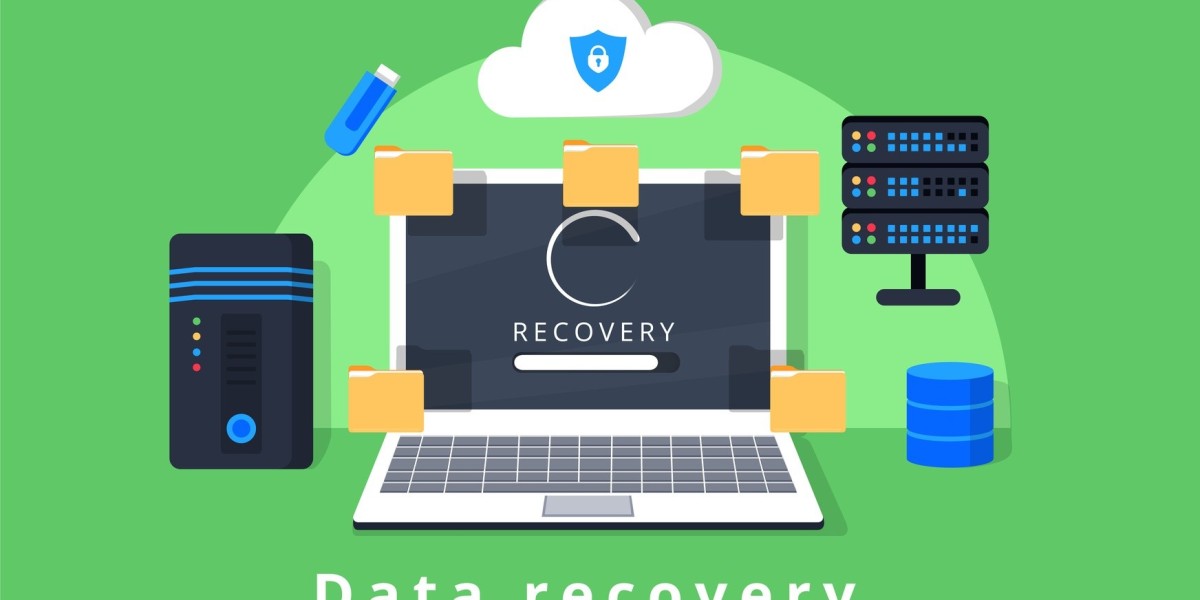Ever heard someone talk about BCA and wondered what it actually stands for? Let’s clear that up right away. BCA stands for Bachelor of Computer Applications. If you're someone eyeing a career in technology or software development, this is a term you'll want to get familiar with. But there’s more to it than just the full form. Let’s take a deep dive into what BCA is, who it’s for, and why it could be the right choice for you.
What is BCA All About?
Think of BCA as your entry ticket into the world of computers and technology. It’s an undergraduate degree program designed for those who are passionate about computer science, coding, and software development. In simpler terms? If you love solving puzzles with lines of code or are fascinated by how apps and websites work, BCA might just be your dream course.
The BCA program is typically three years long, divided into six semesters. Each semester builds on your knowledge, starting with the basics and eventually diving into advanced concepts like data structures, networking, and even artificial intelligence.
Why Choose BCA Over Other Courses?
You might wonder, "Why should I opt for BCA instead of, say, a B.Tech or B.Sc in Computer Science?" Here’s why:
- Accessibility: Unlike B.Tech, which often requires a science background in high school, BCA is more flexible. Even students from commerce or arts streams can pursue it.
- Focused Curriculum: BCA focuses exclusively on computer applications, making it an ideal choice if you want to specialize early.
- Shorter Duration: At just three years, it’s a faster route to enter the tech industry compared to a four-year B.Tech degree.
BCA’s full form, "Bachelor of Computer Applications," might sound formal, but the course itself is dynamic and hands-on, offering practical knowledge alongside theoretical learning.
Who Should Study BCA?
Not everyone is suited for BCA, and that’s okay. This course is tailored for a specific kind of student. Here’s a quick checklist:
- You’re curious about technology. Do you find yourself googling how things work behind the scenes of your favorite apps or games?
- You enjoy logical thinking. Coding requires breaking down problems into smaller, solvable steps.
- You’re a team player. Most IT projects involve collaboration, so being able to work with others is key.
If this sounds like you, BCA might be a great fit.
What Do You Learn in a BCA Program?
The BCA curriculum is crafted to give you a well-rounded understanding of computer applications. Here’s a sneak peek at what’s typically covered:
- Programming Languages: Java, Python, C++, and more. These are the building blocks of software.
- Database Management: Ever wondered how websites store your data? You’ll learn all about it.
- Web Development: From creating basic web pages to complex, dynamic websites.
- Networking: The science of connecting systems to share information.
- Artificial Intelligence and Machine Learning: This is where the future lies, and yes, you get a taste of it in BCA.
By the end of the course, you’ll not only understand how computers work but also be equipped to build software, manage databases, and even explore emerging tech fields.
Career Opportunities After BCA
Now, let’s address the big question: "What can I do after completing BCA?" The good news? Plenty. A BCA degree opens doors to various career paths in the tech world.
Here are some roles you can aim for:
- Software Developer: Design, code, and maintain software applications.
- Web Developer: Create stunning websites and web apps.
- Data Analyst: Interpret complex data to help businesses make decisions.
- Network Administrator: Manage and maintain computer networks.
- IT Support Specialist: Solve tech problems and keep systems running smoothly.
And if you’re up for more learning, you can always pursue an MCA (Master of Computer Applications) or certifications in specialized fields like cybersecurity or cloud computing.
Is BCA Worth It?
In one word? Absolutely.
The IT sector is booming, and skilled professionals are always in demand. A BCA degree can give you the foundation you need to thrive in this fast-paced industry. The skills you gain—programming, problem-solving, and teamwork—are transferable and highly valued across sectors.
But here’s the catch: Success depends on how much effort you put into honing your skills. BCA is just the starting point; continuous learning and adaptability are what set the best apart from the rest.
Real-Life Example: How BCA Changed Lives
Take Priya, for instance. She wasn’t sure what career to pursue after high school. But she always loved tinkering with computers. She chose BCA. Fast forward three years, and she landed a job as a software developer at a leading IT firm. Today, she’s working on projects that impact millions of users worldwide.
Her secret? She didn’t just rely on the curriculum. Priya worked on personal coding projects, interned at startups, and constantly challenged herself.
The moral of the story? A BCA degree is as valuable as you make it.
Conclusion
So, what is the full form of BCA? By now, you know it’s much more than just "Bachelor of Computer Applications." It’s a stepping stone into the ever-evolving world of technology. A BCA degree offers you not only technical skills but also a platform to launch your career in IT.
If you’re curious, driven, and ready to embrace the challenges of the tech world, BCA might just be the perfect path for you.
FAQs: Everything You Need to Know About BCA
What is the BCA full form?
The full form of BCA is Bachelor of Computer Applications.Can I pursue BCA without a science background?
Yes, students from arts and commerce streams can also apply for BCA, provided they meet the eligibility criteria.What are the career prospects after completing BCA?
With a BCA degree, you can work as a software developer, web developer, data analyst, or network administrator, among other roles.Is BCA a good choice compared to B.Tech?
BCA is a great option if you want a focused, shorter course in computer applications without the need for a science background.Can I study further after BCA?
Absolutely. Many BCA graduates pursue an MCA or specialized certifications in areas like AI, cloud computing, or cybersecurity.







